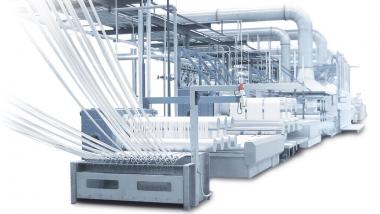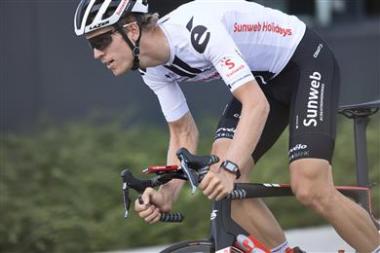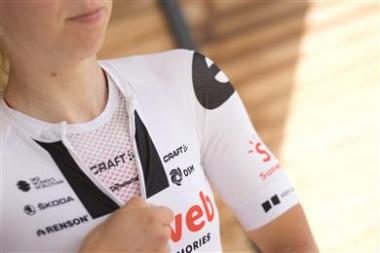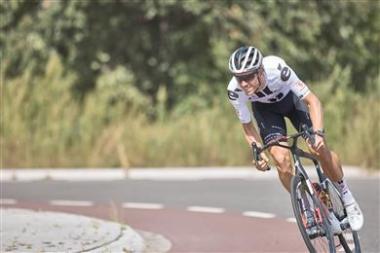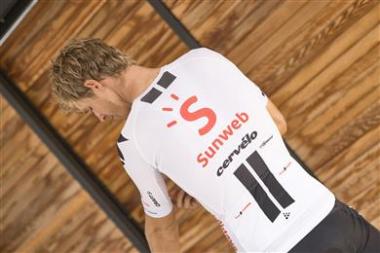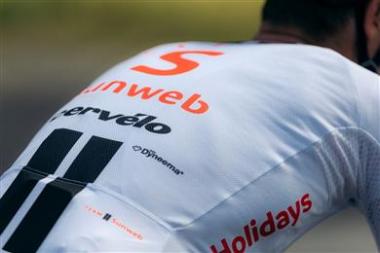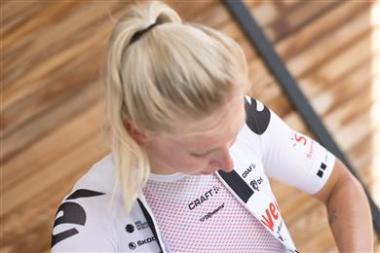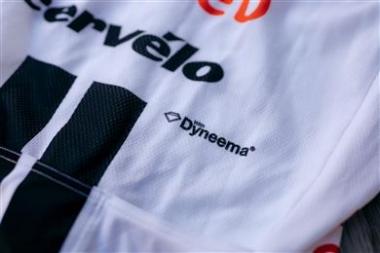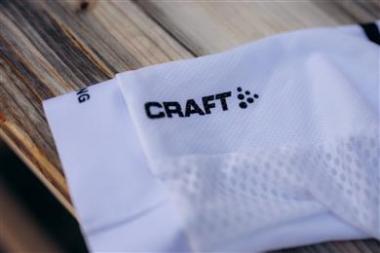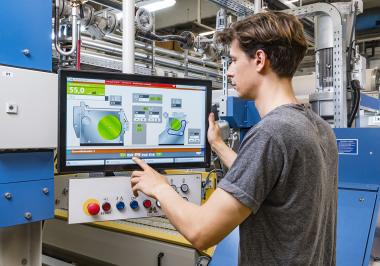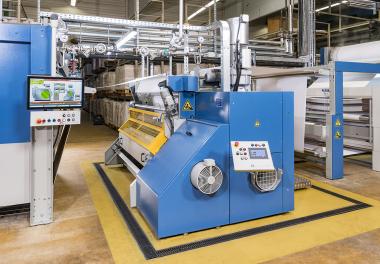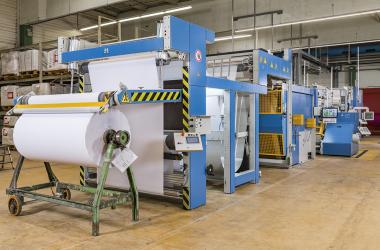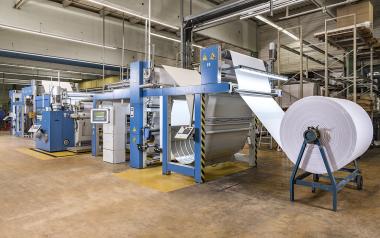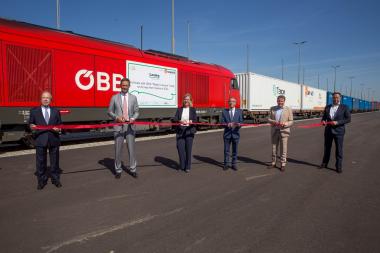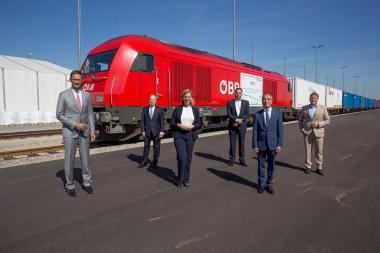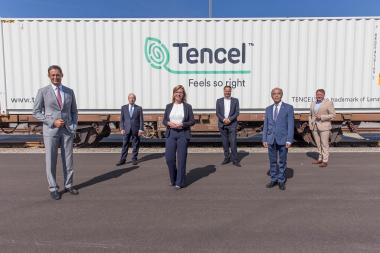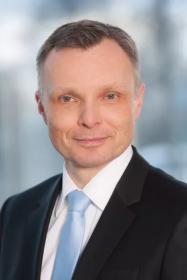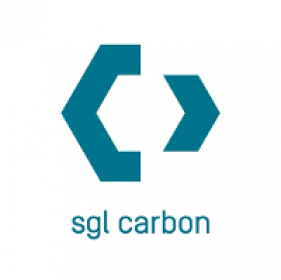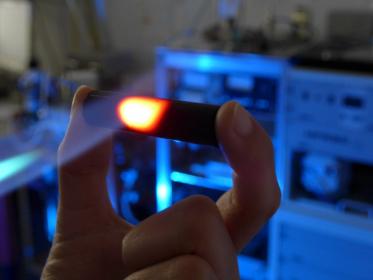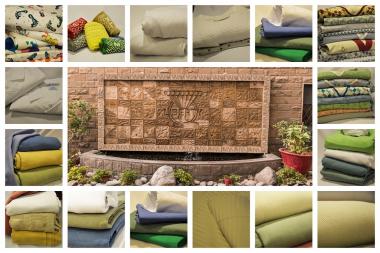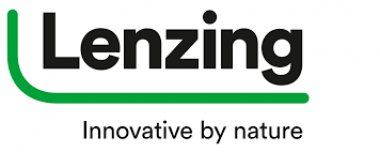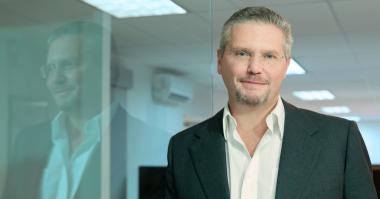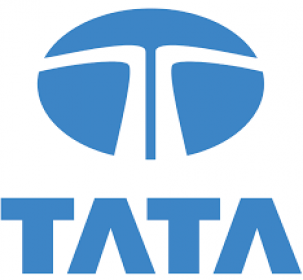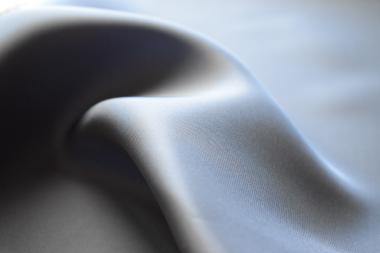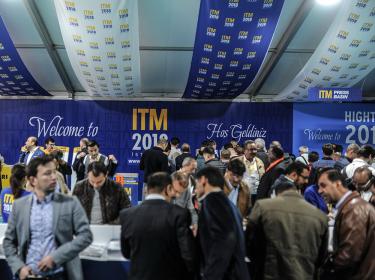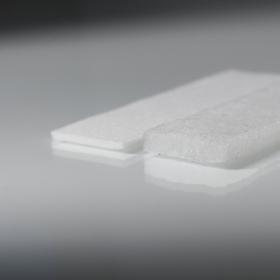Oerlikon: Three staple fiber bicomponent systems successfully commissioned in Asia
Neumünster – Oerlikon Neumag has successfully commissioned three staple fiber bicomponent systems in China. With capacities of 50 tons per day each, the systems are being used to manufacture coresheath bicomponent fibers made from PP/PE or PET/PE at two long-standing Oerlikon Manmade Fibers customers. These fibers are used to make hygiene products.
Oerlikon Neumag staple fiber technology still in demand
Despite coronavirus-related restrictions, the three new systems were installed within three and five months, all without any problems. They have meanwhile been operating under stable production conditions with optimum fiber quality of the very highest standards for several weeks now.
Many years of experience in bi-component spinning
Oerlikon Neumag looks back on many years of experience in constructing bicomponent staple fiber systems. The first system for this fiber type was commissioned as far back as 1995. Oerlikon Neumag offers solutions for the most varied cross-sections, ranging from sheath/core’, ‘side-by-side’, ‘island in the sea’, ‘orange type’ as well as ‘trilobal’. The applications are diverse: from self-crimping fibers, bonding fibers, super-microfibers all the way through to hollow fibers.
The Oerlikon Neumag bicomponent technology is particularly characterized by the extremely robust spin packs that have no expensive wear parts, which considerably reduces the costs here. The reconditioning costs when cleaning the spin packs are kept to an absolute minimum. Add to this the separate temperature transfer option in the spinning beam for the two polymers. As a result, the quality and the viscosity of the polymers can be accurately adjusted in accordance with the respective process requirements.
Oerlikon Neumag


